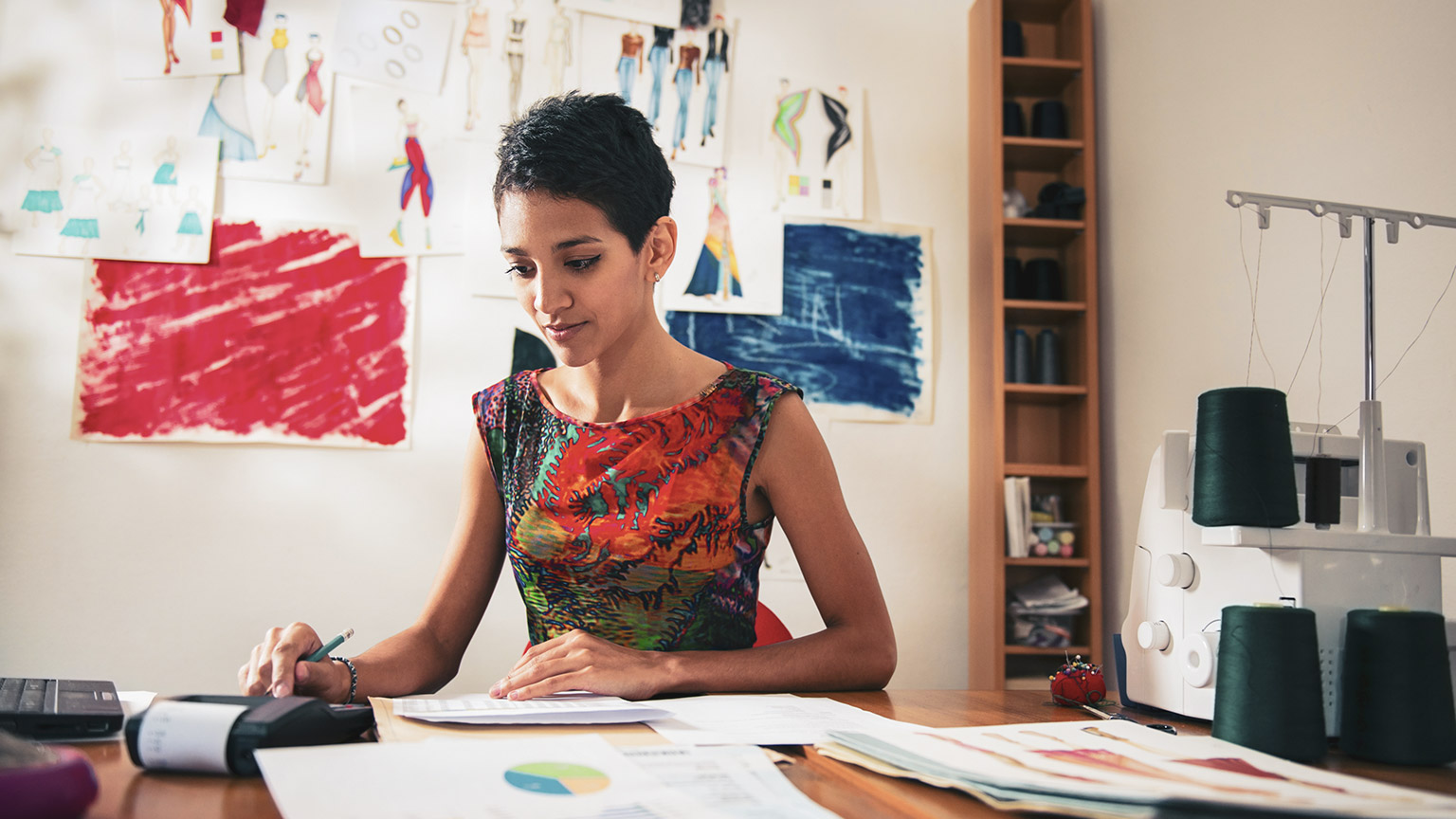What is social entrepreneurship?
A social entrepreneur seeks innovations with the potential to resolve community-based issues. They are willing to take the risk and put out the effort to make a positive difference in society through their projects.
While commercial entrepreneurship involves starting a new business or diversifying an existing one, the focus of social entrepreneurship is on:
- emphasising the development of the greater social good over profit or return on investment. The majority of entrepreneurs in this field work for non-profit organisations and sectors. This does not, however, eliminate the need for profit. After all, businesses need money to keep going and positively impact the world.
- along with social problems, it also focuses on environmental problems.
- seek to produce environmentally friendly products, serve an underserved community, or focus on philanthropic activities.17
Social businesses
'The three traditional sectors – public (government), private (business) and social (non-profit) – have blurred in the new millennium as social and environmental objectives increasingly blend with business approaches (hybrids).
Some of the businesses where the blending can be seen are:
- Civic and municipal enterprises
- Community development
- Financial institutions
- Blended value organisations
- Sustainable businesses
- Social enterprises.
The public sector dedicates more resources to delivering social and environmental benefits, while public and social sector organisations are attempting to operate in a more businesslike manner.
The following image shows where social businesses and enterprises fit within two criteria: where they receive their revenue; and how they distribute their profits.
In one direction, we classify businesses based on their 'bottom line.' Do they aim to maximise financial rewards for owners or to maximise social benefits for the community as a whole? In the opposite way, we classify people according to their source of revenue. Is their income mostly derived from earned sources (market exchange of value/sales) or through contributions such as charity, grants, taxes, or subsidies?17
Using these criteria, we can distinguish between traditional for-profits, for-profits with corporate social responsibility (CSR) goals and social businesses. At the other end of the spectrum is the traditional non-profit and its subsidiary, a social enterprise that seeks direct earned income on behalf of the non-profit.
The types of organisations founded by social entrepreneurs vary greatly, as do the types of social or environmental problems they seek to solve, such as education, health, culture, economic development, and the environment.
Even large government businesses have the potential to become social entrepreneurs. This is known as 'social intrapreneurship.'’
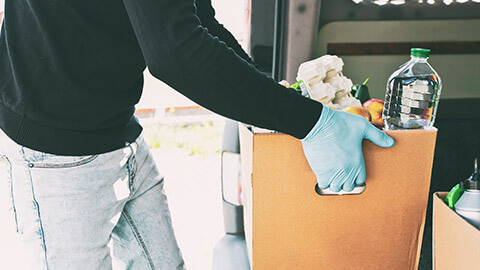
Social intrapreneurship
'Social intrapreneurs can connect business and social principles. This is especially true on the subject of environmental sustainability.
Unlike social entrepreneurs in conventional businesses, social intrapreneurs can use organisational skills to deliver social value on a wide scale by offering ideas or products that benefit the company's bottom line, society, and the environment.
Individuals who see beyond traditional business methods and can generate economic, environmental, and social value are increasingly being sought by foresighted companies.'18
Kete Kai, founded by Lisa Booth:
- is a forward-thinking company in New Zealand
- based in Waikato
- also serves parts of Auckland.
They strive to end hunger in Aotearoa, New Zealand, by 2030 through their meal-kit company.
Individuals and businesses can be a part of the 'Kia Kaha Pay it Forward' campaign where they want to deliver hope to Kiwi families in need. Kete Kai feels that Christmas should be a time for friends, whānau and laughter, not having to choose between presents for the children or a Christmas meal.
In 2021 they raised over $140,000 and distributed more than 2100 Christmas meals to Kiwi families via their community partners.
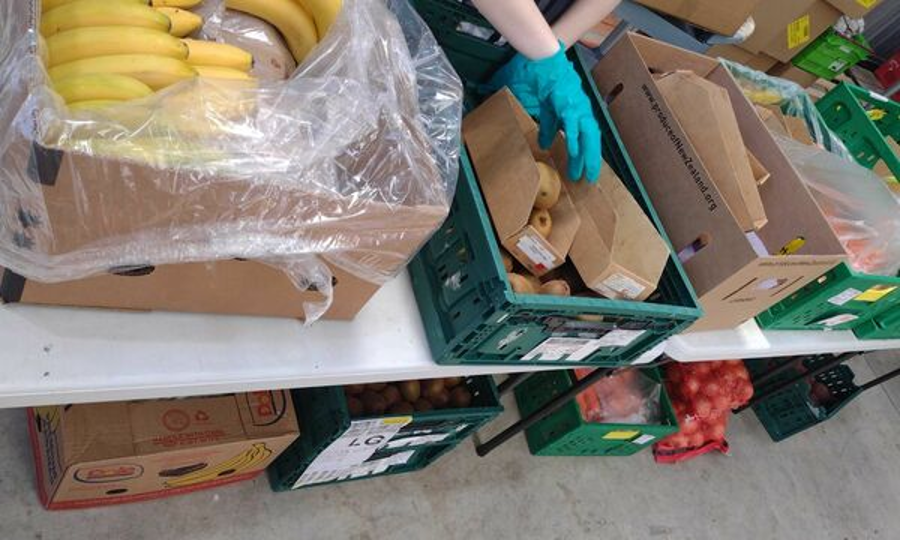
Social circular economy
'The Circular Economic model is based on recirculating products and materials throughout the economy for as long as possible while maximising renewable resources and energy sources. This entails recycling or repairing old products or breaking them down into raw materials to develop new, high-recycled-content items. It also involves easing ourselves off coal and gas and hastening the transition to 100% renewable energy.’19
These transitions must be locally appropriate, community-driven, and create opportunities for people experiencing disadvantages to be truly effective and impactful.
Product Cycle
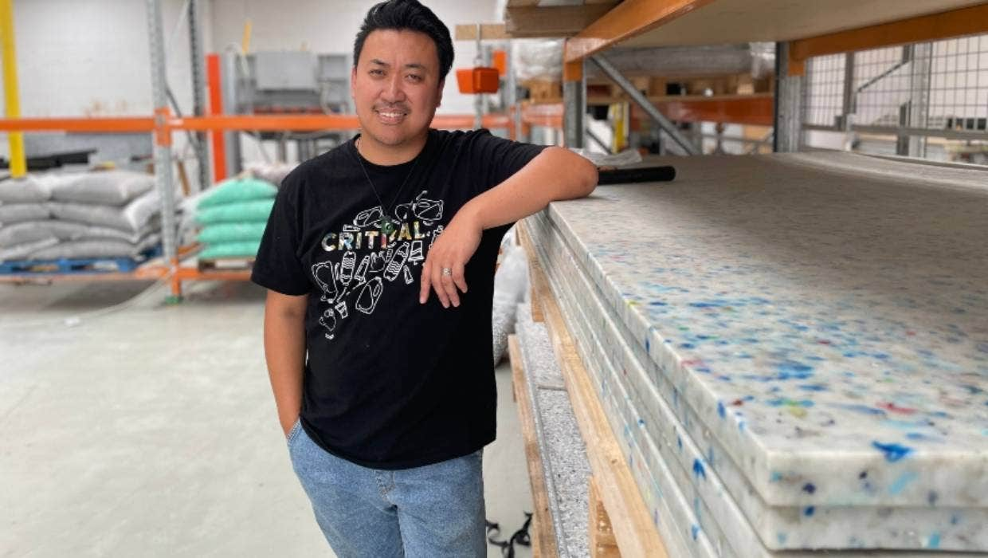
Product design has always meant "design for manufacturability" for businesses. In other words, introduce quality items as early as possible at the lowest feasible cost, and do not worry about what happens after the product is no longer useful. Instead, accounting for economic, environmental, and social implications throughout all stages of a product or process life cycle is known as product life cycle thinking. This viewpoint helps the design team understand the product's life cycle consequences on a variety of sustainability challenges for example glasshouse gas emissions.
Rui Peng, the co-founder of Auckland-based social enterprise Critical Design, is mindful of its responsibility to protect Aotearoa's environment, reduce plastic waste, and help other nations worldwide follow suit.
Peng says:
"As a Māori-owned business, the wellbeing of our land is the wellbeing of our people, of who we are,"
“Our life's work is to care for the environment by developing technologies and circular solutions,"
Critical Design uses cutting edge technology to turn plastic waste into new products such as furniture, interior wall panels, and circular building materials.
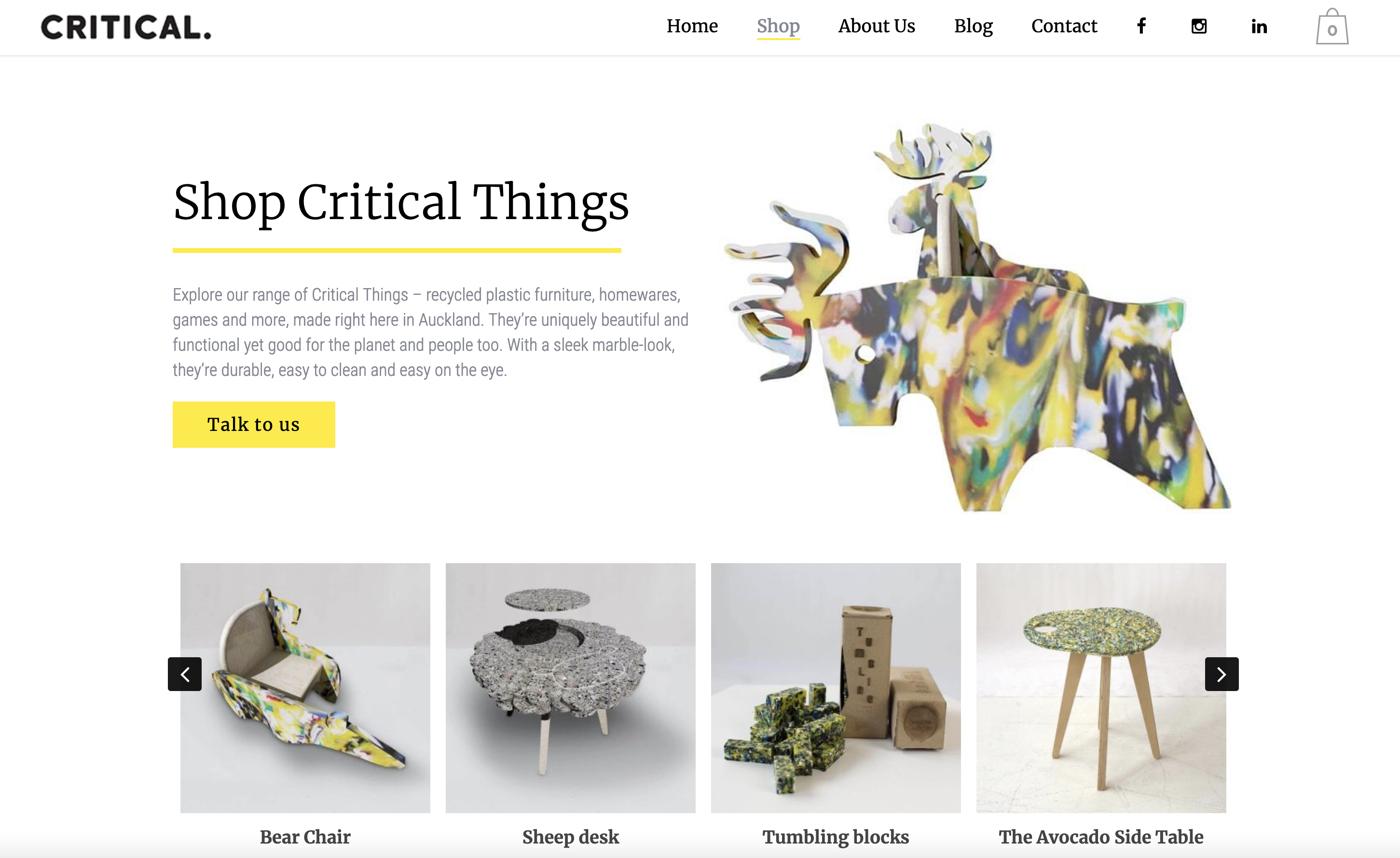
Social Entrepreneurial start up
When launching a business, you must do extensive research. In your opinion, what are the advantages and disadvantages of beginning your own business? Make a list of as many as you can. What are your thoughts on Social Entrepreneurship? Write down at least ½ an A4.
What kind of business would you start if given a choice? Create a 4-page (minimum) document showing what kind of business you would prefer to initiate and what practices it would ideally apply.
Discuss your findings with your peers on the forum.
